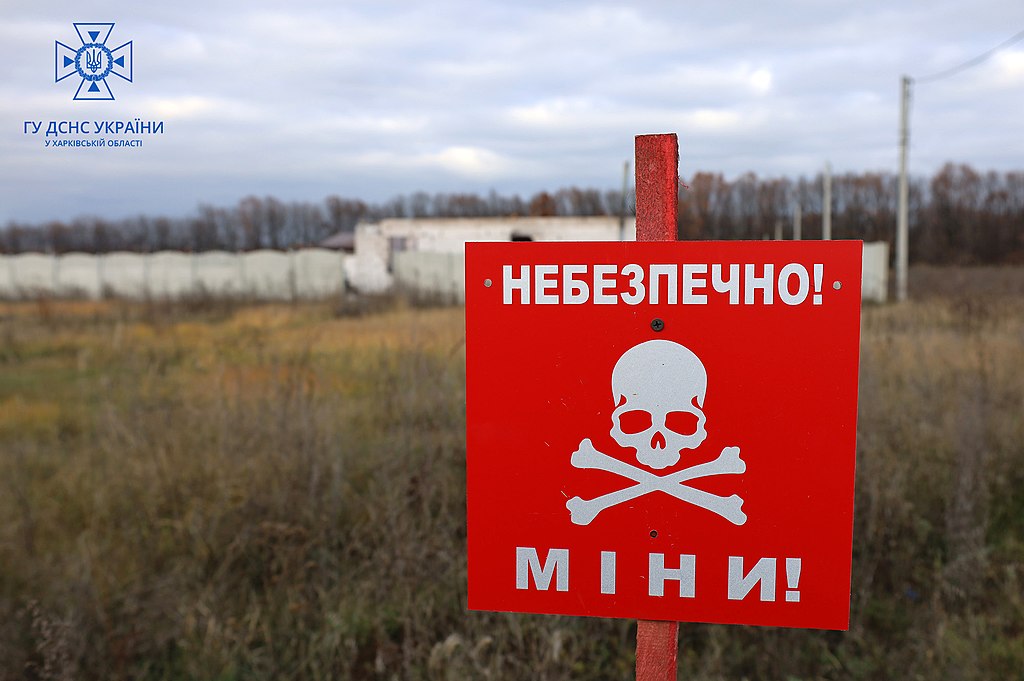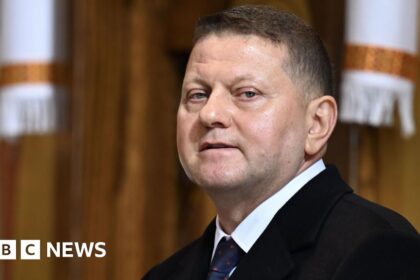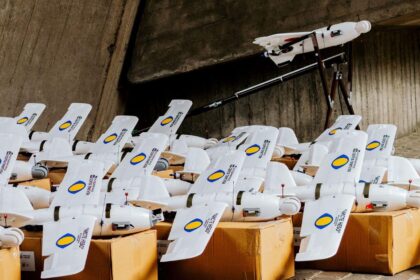**Lithuania Withdraws from Ottawa Convention Banning Anti-Personnel Mines**
In a move that has sparked concerns about regional security, Lithuania has officially withdrawn from the Ottawa Convention banning anti-personnel mines. The decision was made by the Seimas, Lithuania’s parliament, on May 8, 2025.
According to the Lithuanian Ministry of Defense, the withdrawal will take effect in six months. This comes as Russia continues to widely use land mines in its ongoing war against Ukraine. Lithuania ratified the Ottawa Convention in 2003, which prohibits the use, production, transfer, acquisition, and stockpiling of anti-personnel mines.
However, despite being a signatory to the treaty, Lithuania’s decision to withdraw is not surprising given the current security situation in the region. Russia has been escalating its military presence in Ukraine, and neighboring countries have been taking steps to strengthen their defenses.
**Substantial Deterioration in Regional Security**
The Seimas’ official press release stated that the decision to withdraw from the Ottawa Convention was driven by a “substantial deterioration” in regional security and “significantly increased military threats” to Lithuania and other NATO states bordering Russia and Belarus. This suggests that the country is taking a proactive approach to protecting itself against potential aggression.
**Expansion of Military Capabilities**
Member of the Seimas Foreign Affairs Committee, Ruslanas Baranovas, urged support for the bill during the session. He argued that by withdrawing from the Convention, Lithuania will also add anti-personnel mines to its military arsenal, making opponents think twice before acting against them.
Lithuanian Minister of National Defense Dovilė Šakalienė previously argued that withdrawal would boost battlefield efficiency. Remigijus Motuzas, Chair of the Foreign Affairs Committee, stated that all states bordering Russia have either de-ratified the Convention or are in the process of doing so.
**Regional Coordination**
In March, the defense ministers of Estonia, Latvia, Poland, and Lithuania issued a joint statement calling for withdrawal from the Convention. Finland began its own withdrawal procedure on April 1, 2025. This suggests that there is regional coordination behind Lithuania’s decision to withdraw from the Ottawa Convention.
The move has sparked concerns about the potential for further conflict in the region. However, it also highlights the need for countries to take proactive steps to protect themselves against potential aggression.
**What’s Next?**
As Lithuania prepares to withdraw from the Ottawa Convention, it remains to be seen how this will affect regional security dynamics. The country’s decision is likely to have implications for its relationships with neighboring states and NATO allies.
In the context of Russia’s ongoing war in Ukraine, Lithuania’s withdrawal from the Convention may be seen as a necessary measure to protect itself against potential aggression. However, it also raises questions about the effectiveness of international treaties in preventing conflict and promoting regional security.
Read More @ euromaidanpress.com












